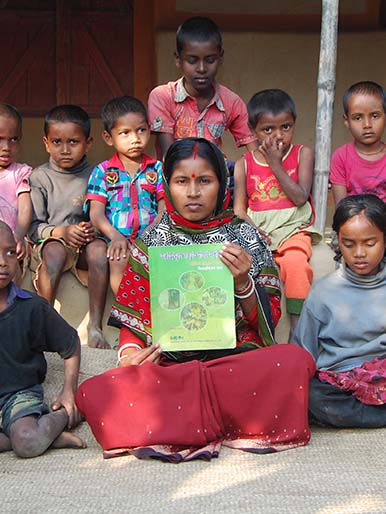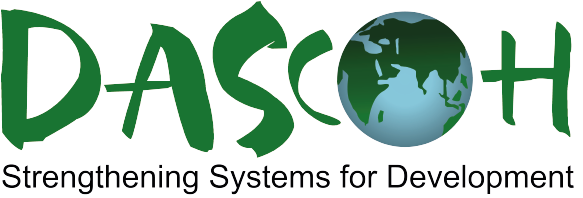
Quality Education
The most major setback for children in primary and secondary schools is quality of education, which leads to low learning outcomes and eventually, dropouts. Under-qualified teachers, inadequate infrastructure, poor nutrition and food security all affect learning. Teacher supervision, monitoring and accountability lack strength. Though primary enrolment is at 98 per cent, only 67 per cent qualify for secondary education and even less, 22 per cent, reach higher secondary level. Children also suffer as the system of education continues to be heavily reliant on tests and rote learning. Working children, children with disabilities and children in remote areas affected by disaster are more at risk of being denied their right to education. Natural disasters as well as harmful social norms and practices contribute to children dropping out of school. Lack of safety and high prevalence of sexual harassment and abuse in public places contribute to girls’ dropout from schools. Most schools do not have functional water and sanitation facilities and even where these are available, they are not responsive to gender or disability, as well as menstrual hygiene, which significantly contributes to overall performance and in case of girls to their low attendance and eventual drop out. Bangladesh has enacted a policy to introduce pre-primary education for fostering physical and mental growth enabling these children to adjust to the learning system, but as yet the policy lacks effective implementation.
On the supply side, scarcity of teachers trained in informal teaching and learning methodology, and the absence of community level education on the benefits of pre-school learning have led to poor implementation of the policy while on the demand side, the indifference of a critical mass of people to the benefits of pre-school learning outcomes, along with the absence of an adequate feeding programme, disincentivize community engagement with pre-primary school programmes. Social exclusion and marginalization of the ethnic non-Bangla speaking minority communities manifests itself in their learning outcomes as enrolment and drop out continue to be serious challenges.




